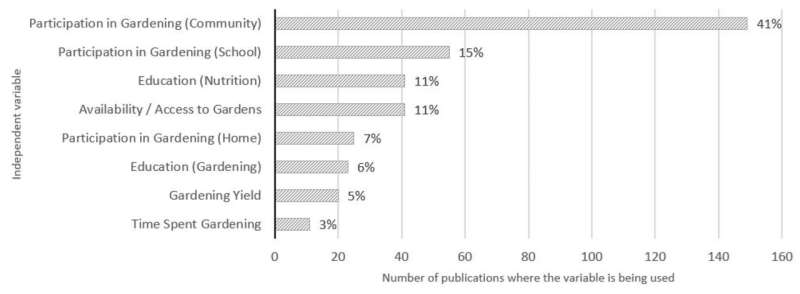Systematic review of literature on the socio-cultural benefits of urban agriculture

Despite extensive literature on the socio-cultural services of urban open spaces like parks, green spaces, and plazas, the role of food-producing spaces, such as urban farms and gardens, hasn't received much attention. This hampers advocacy for preserving and growing urban agricultural activities, which are often dismissed based on claims that their contributions to overall food supply are negligible.
To fill this gap, Dr. Rositsa T. Ilieva, Director of Policy at the CUNY Urban Food Policy Institute, CUNY SPH Associate Professor Nevin Cohen, Director of the CUNY Urban Food Policy Institute, Research Assistant Maggie Israel, and colleagues from the international FEW-meter project team comprising scholars from France, Germany, Poland, UK and US, published an article in Land exploring how the social and cultural benefits of urban agriculture have been measured to date.
For the article, the research team conducted a systematic review of 272 peer-reviewed publications, drawing on insights from urban agriculture sites in 57 different countries. The study revealed growth in research on the social impacts of gardens and farms, with most studies measuring the effects on community cohesion and engagement, followed by increased availability and consumption of fruits and vegetables associated with reduced food insecurity and better health. Fewer studies assessed the impact of urban farming on educational and economic outcomes. The authors underscore the importance of quantifying the multiple ways in which urban agriculture provides benefits to people which would empower planners and the private sector to justify future investments.
"Urban agriculture has been an integral part of cities for centuries, yet we are only now beginning to appreciate and acknowledge it as a vital urban system that deserves to be cared for and nurtured through comprehensive planning and investments," Dr. Ilieva says. "To better support mayors and empower city officials and the private sector to plan for and invest in preserving current urban agriculture sites and infrastructure, cities will have to learn how to quantify and make visible the vast array of social and cultural benefits urban agriculture provides to communities, beyond food production alone."
More information: Rositsa T. Ilieva et al, The Socio-Cultural Benefits of Urban Agriculture: A Review of the Literature, Land (2022).
Provided by The City University of New York



















